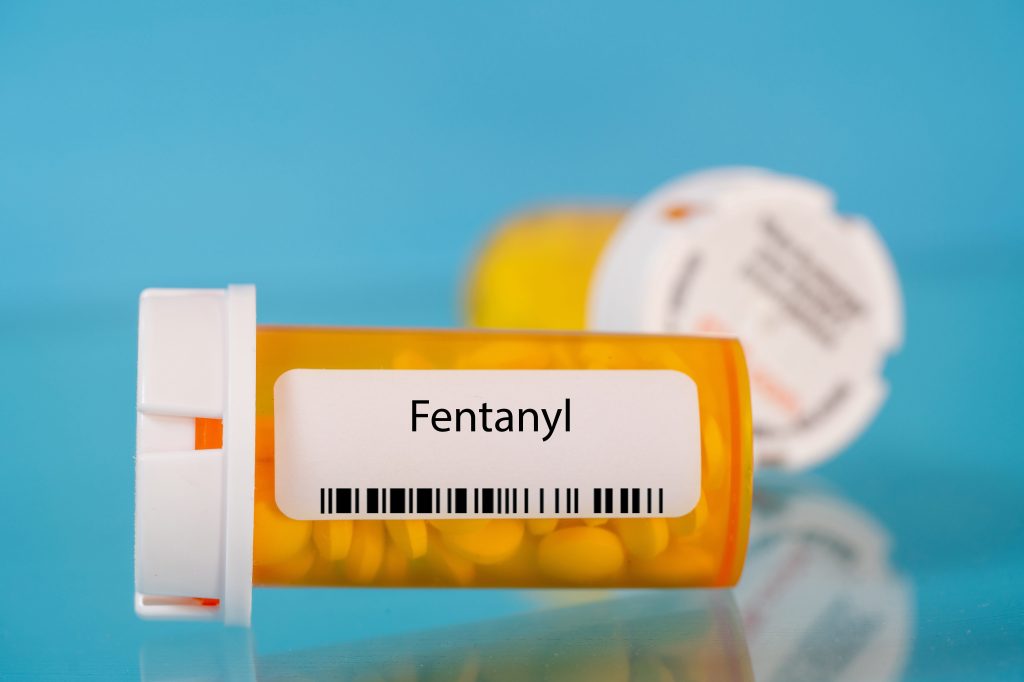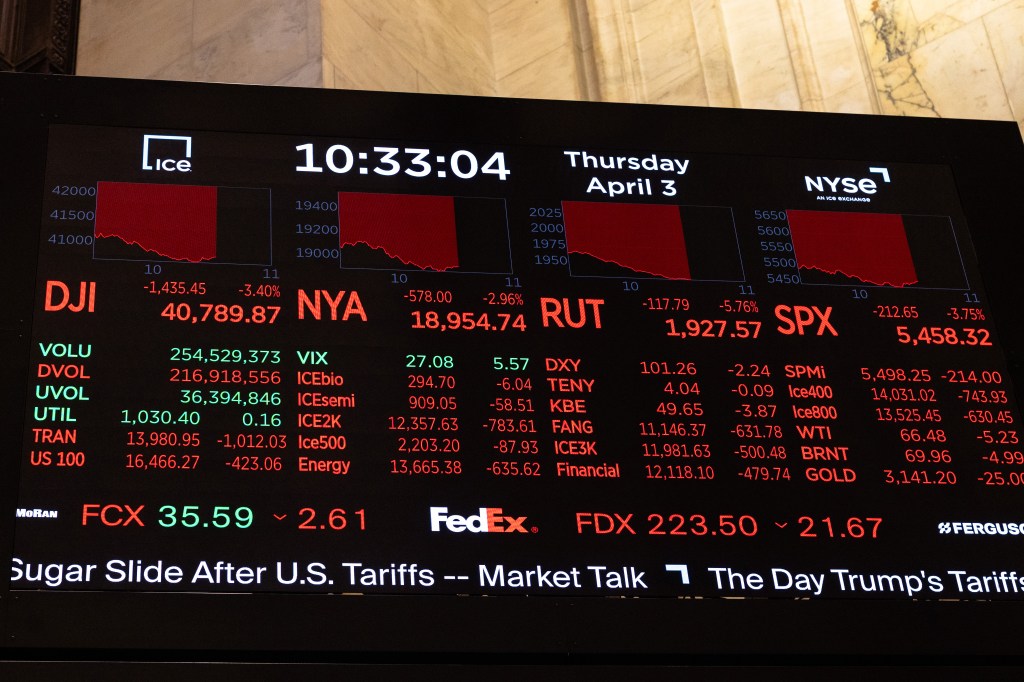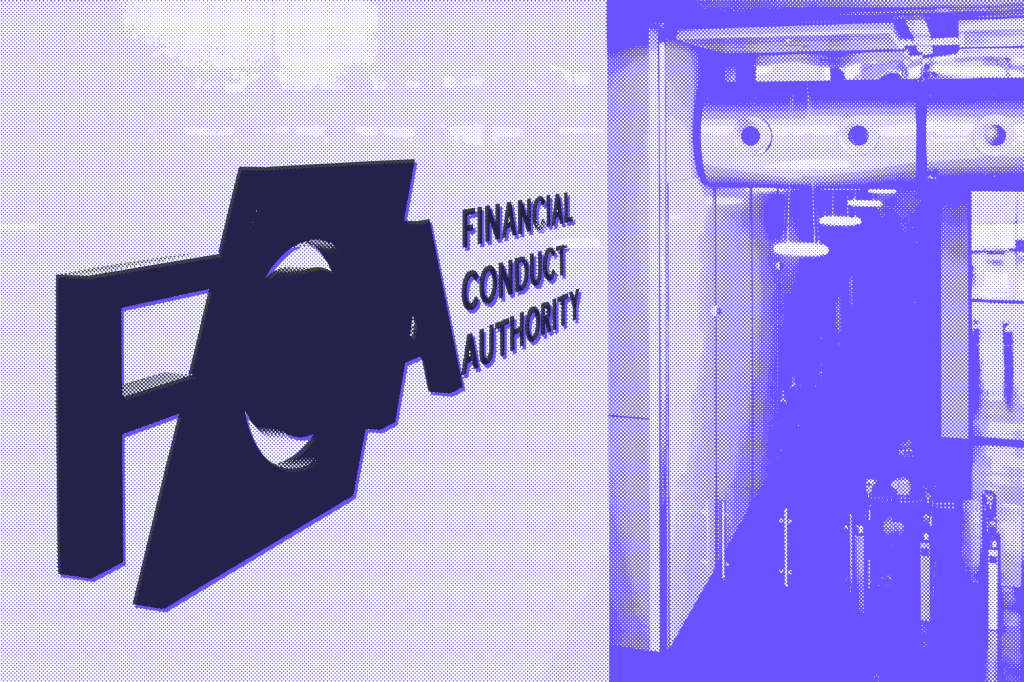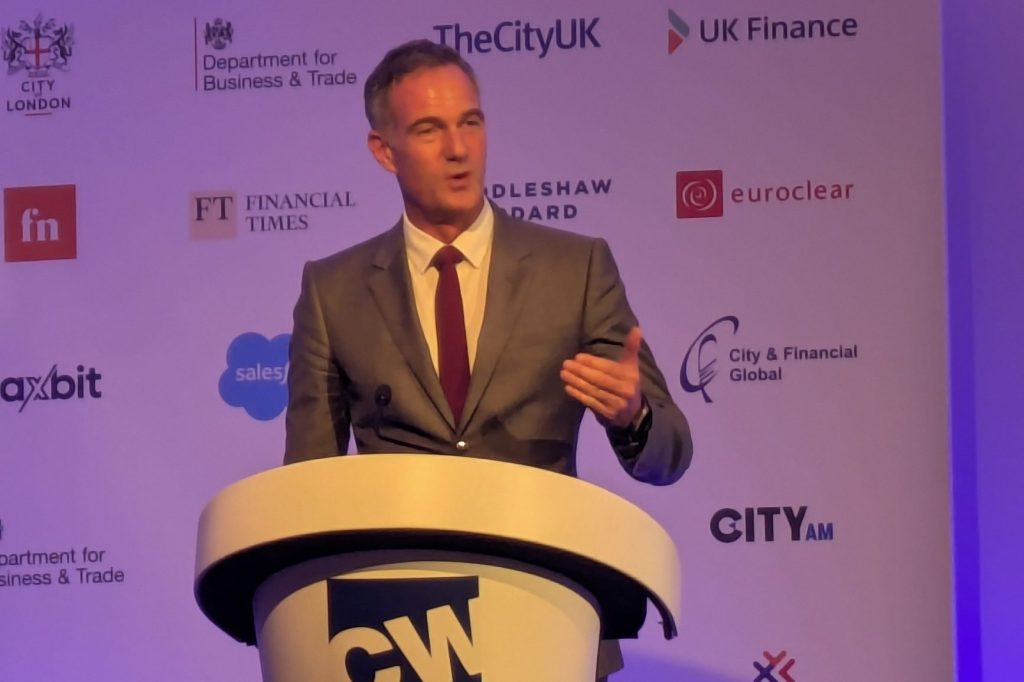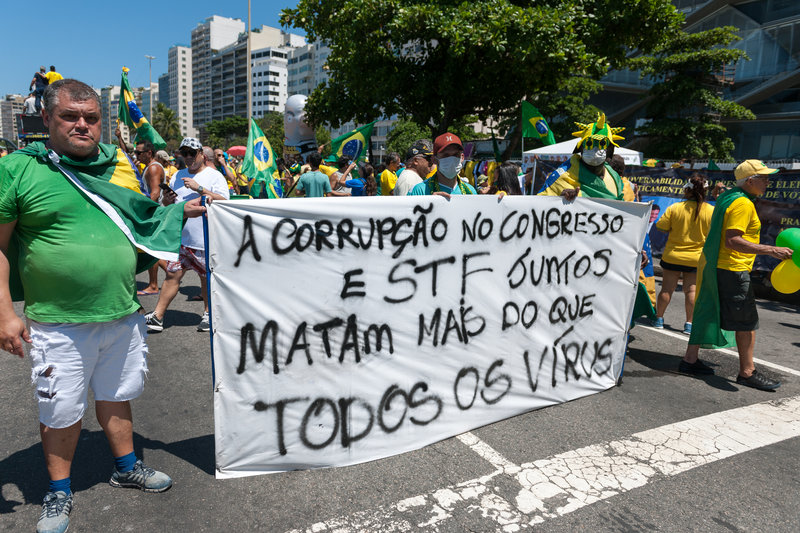The Brazilian Supreme Court has been issuing controversial decisions which have an impact on the anti-corruption scenario in the country. One day after the Corruption Perception Index 2023 (CPI 2023) was released by Transparency International (TI), Supreme Court Justice Dias Toffoli (Justice Toffoli) suspended another measure that was a result of the Odebrecht S.A. (Odebrecht, currently named Novonor) leniency agreement in the context of Operation Car Wash. A couple of days later, he opened an investigation against TI alleging that the organization received improper donations in Brazil.
Justice Toffoli’s decision regarding Odebrecht’s leniency agreement is also related to Operation Spoofing. This operation was launched by the Brazilian Federal Police in July 2019, and aimed to investigate the cyberattack on the Telegram accounts of Brazilian authorities associated with Car Wash, including those of the former judge, Sergio Moro, and the former Attorney General, Deltan Dallagnol.
Software systems
First, in September 2023, Justice Toffoli determined that all evidence of Odebrecht’s leniency agreement gathered through the software systems Drousys and My Web Day B was compromised. These software systems were the computer systems the “Division of Structured Operations” (known as Odebrecht’s “bribery department”) utilized to make illicit payments and conceal such activities.
According to his decision, there were no records demonstrating that Brazilian authorities conducted the negotiations and exchanged information with international authorities under the official government channels. As an example, it is mentioned that the hard drives containing Odebrecht’s files were transported in grocery bags without being under seal and that the drives were accessed by the Brazilian authorities without taking data protective measures.
More recently, Justice Toffoli suspended the company’s payment of almost $2 billion in fines. The decision was issued after the company filed a petition seeking a reassessment of the terms of its leniency agreement executed with the Brazilian Public Prosecutor’s Office (Ministério Público Federal, MPF), due to irregularities identified in Car Wash throughout Operation Spoofing. Justice Toffoli argued that Odebrecht should gain full access to information obtained from Operation Spoofing to assess whether illegalities were indeed committed against the company.
Attorney General
The outcomes of Odebrecht’s cooperation with Brazilian authorities during Car Wash also led to the execution of a leniency agreement with the Brazilian General Comptroller’s Office (Controladoria-Geral da União, CGU) and Attorney General’s Office (Advocacia Geral da União, AGU). At the time, Odebrecht agreed to pay almost $500m to cover damages, unjust enrichment, and fines, within the scope of 49 fraudulent contracts involving Brazilian federal public funds.
In addition, Odebrecht pleaded guilty before the US, Brazilian and Switzerland authorities for engaging in a large-scale, systematic scheme to pay bribes to government officials and politicians in several countries to secure business. The company paid approximately $788m in bribes in 12 different countries between 2001 and 2016.
CGU and AGU stated that Justice Toffoli’s recent decision does not apply to Odebrecht’s payments under the scope of the company’s leniency agreement executed with them. However, the reassessment of Odebrecht’s leniency agreement (with MPF) may reverse potential charges against implicated individuals, and there may be a need for the Brazilian authorities to make restitution for amounts already paid by the company.
Regarding Odebrecht’s plea agreement, there is no official information publicly available at the date of this article on whether the US and the Switzerland authorities will address the Brazilian Supreme Court decisions.
Consequences of Justice Toffoli’s decisions
Besides the potential legal consequences, these decisions raise deep concerns about the country’s actions against corruption in the eyes of the international community. Last year, the OECD Working Group on Bribery (Working Group) highlighted in the Phase 4 Report on Brazil (“Report”) that the September 2023 judgment heads the list of issues that they will monitor in the next two years.
The Working Group also posed a question on the country’s ability to provide and obtain mutual legal assistance in foreign bribery cases. (For more information on the Report, please see our previous article Past positives no guarantee of a better future as Brazil battles bribery).
Furthermore, the country has dropped 10 positions in the corruption index of TI in just one year. Brazil currently scores 36 and ranks 104 (against a score of 38 and rank 94 in 2022). Lack of judiciary independence and impunity were the grounds of CPI 2023 analysis regarding corruption in Latin America, Brazil included. Toffoli’s decisions may reinforce it.
J&F leniency agreement
Justice Toffoli’s charges against the organization are supported by the terms of the leniency agreement executed by J&F and MPF in 2017, which is also within the scope of Car Wash. Under its leniency agreement, J&F agreed to pay $2 billion in fines for bribing government officials (using New York-based bank accounts) in Brazil to obtain financing and other improper benefits. J&F pleaded guilty before the US authorities too.
Part of the amount established in the J&F leniency agreement would be allocated to the execution of social projects with the support of TI. Toffoli considers that there may be a potential misappropriation of public funds since the allocation of public resources should be under the Brazilian National Treasury and not under the management of a private entity headquartered outside the country. Conversely, TI declared that the organization only provided recommendations, did not receive compensation for its services, and did not participate in managing the funds.
Increased risks of doing business in Brazil
The ramifications of Toffoli’s actions are yet to unfold. Nevertheless, these developments amplify the uncertainty surrounding the anti-corruption framework in the country, a concern already underlined in both the OECD Working Group Report and the CPI 2023 analysis. Doing business in Brazil may now pose increased risks compared to the pre-Car Wash era and the enactment of the Brazilian Anti-Corruption Law in 2014.
Cláudia Massaia has significant experience in corporate compliance with recognition in Chambers Brazil 2022 and Chambers Global 2023. She is currently an LLM student in Corporate Compliance at Fordham University.


